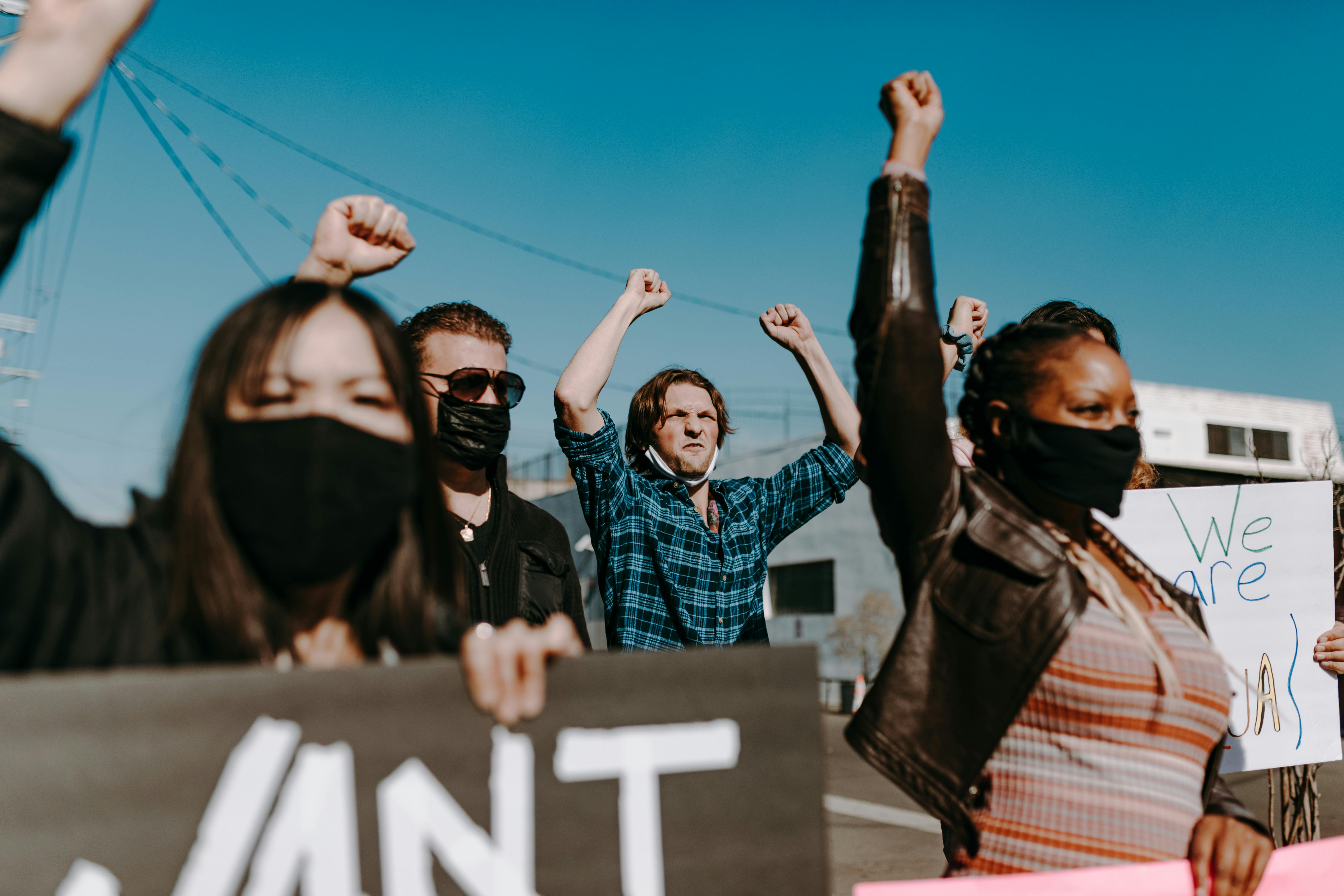Virginia workers’ compensation no longer covers horseplay injuries
Traditionally, in Virginia, if a worker was injured as a result of an innocent joke by a co-worker, he or she could file a workers’ compensation claim. Usually, the injury would arise from simple mischief between co-workers. Unfortunately, injury sometimes resulted as a result of this game.
This is what happened to Mr. Simms, a Ruby Tuesday employee on June 3, 2006. He was working at the restaurant when his colleagues started throwing ice cubes at him. Simms raised his arm to protect himself and accidentally dislocated his left shoulder. You filed a workers’ compensation claim for this injury as you were at work and your injury was caused by a co-worker.
The Commission said that the unauthorized use of ice in a playful manner by Simms’ co-workers was a joke game. The Commission said there was no connection between the conditions in which the work was to be performed and the assault on Simms by his co-workers. Therefore, the Commission said the antics would not be compensated. In a decision of the Virginia Court of Appeals on July 28, 2009, this Commission decision was upheld and Mr. Simms was denied any workers’ compensation for his injury.
Previously, Virginia had compensated employees who were injured due to rough play. In the main Dublin case in 1986, Virginia had ordered compensation for an employee who was injured due to a playful shove from a co-worker. All of this changed in 2008 when the Virginia Supreme Court decided the Hilton case. In Hilton v. Martin, 275 Va. 176, 654 SE2d 572 (2008), the Virginia Supreme Court had ruled: “If the assault is personal to the employee and is not directed against him as an employee or because of his [resulting] the injury does not arise from employment “and is therefore not eligible for workers’ compensation.
As a result, if an employee is injured by a co-worker and the injury is characterized as horseplay, the employee has only one remedy. You can sue the coworker who hurt you. However, this may not be a great remedy as the co-worker will not have liability insurance and often will not have assets. It is clear that the Hilton case marks a sea change in the way Virginia courts will handle injuries from incidents involving horseplay. Prospective claimants must provide evidence to the court that the horseplay was the result of some employment-related action or decision by the claimant to link the horseplay to the claimant’s employee status.
Copyright © 2009, Gerald G. Lutkenhaus. ALL RIGHTS RESERVED
This may be considered ADVERTISEMENT or Publicity Material under the Rules of Professional Conduct Governing Lawyers in Virginia. This note is designed for general information only. The information presented in this note should not be construed as legal advice.
